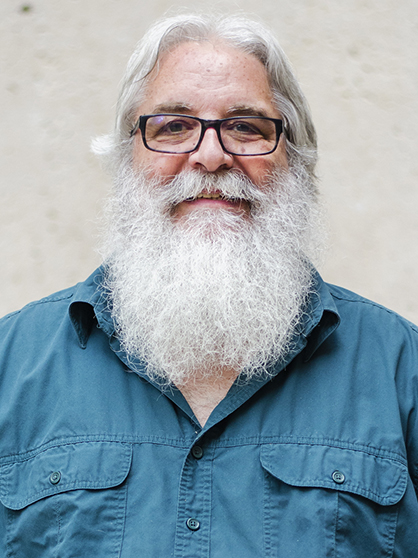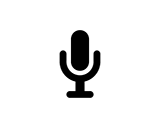Neuroscience BS
Neuroscience is the multidisciplinary study of brain function

In This Section
Neuroscience is the multidisciplinary study of brain function. It examines the complex interactions of multiple neuronal systems that underlie the emergence and rich diversity of cognitive function and the regulation and expression of all forms of behavior, in humans and all other species.
The neuroscience major is excellent preparation for admission to graduate, medical or dental school, or for careers in related biomedical research, industry and allied health science fields.
UT Dallas is the #25 medical feeder school in America, and #3 in Texas, according to the American Association of Medical Colleges.
Undergraduate students are challenged to become involved in ongoing neuroscience research at UT Dallas, working side-by-side with graduate students, postdoctoral scientists and faculty researchers. Required courses and guided electives can include the approved premedical or predental curriculum and offer a respected and viable alternative to other traditional preparatory science majors.
Degree Program
The BS in neuroscience requires 120 credit hours. A neuroscience minor requires 18 credit hours.
The UT Dallas undergraduate catalog provides an overview of the neuroscience (NSC) program, details the areas of specialization, lists the major and minor requirements, and explains the fast track program, which enables undergraduate students to take up to 15 hours of graduate courses that count toward both UT Dallas bachelor’s and graduate degrees. To compile all your academic, campus and extracurricular interests into a presentation you can print out, follow the steps to create your own guide to UT Dallas.
The University’s CourseBook website will help you look up specific classes and times to fit your degree plan and plan your schedule each semester. CourseBook also includes links to syllabi, class evaluations and textbooks for all UT Dallas courses, so that you are prepared to discuss issues with your advisors when registering for classes.
Students are required to earn two research exposure credits (REC) for each behavioral science core course in which they are enrolled, for a maximum of six total credits each semester.
Advising
Visit with an academic advisor in the School of Behavioral and Brain Sciences to create a degree plan. First-year students must talk with an advisor before registering. All other students should consult an advisor before registering each semester.
To learn more about the BBS advising and mentoring system, visit our advising website.
Honors Program
Majors in the School of Behavioral and Brain Sciences who have junior or senior standing and have completed at least 12 credit hours with a GPA of 3.5 or higher may apply to earn BBS school honors.
Incoming freshmen with high standardized test scores and a high school GPA of 3.6 or higher should consider applying to Collegium V, a Universitywide honors program.
Career Opportunities
The neuroscience program is designed to prepare students for admission to graduate, medical or dental school or for careers in related biomedical research, industry and allied health science fields. Students who wish to continue their education in the fields of medicine, dentistry or allied professional areas are advised to register with the Health Professions Advising Center (HPAC).
Students are encouraged to design a personalized degree plan of guided electives with their advisor that combines courses from the neurosciences and related disciplines of mathematics, physics, chemistry, biology, engineering, computer science, psychology and speech pathology and audiology in a way that will suit their individual interests and career goals. Students are also strongly encouraged to gain research experience as part of their undergraduate training in neuroscience.
Research Portal
Undergraduate students are encouraged to participate in research laboratories, especially if they are interested in graduate school. Apply to participate in labs using the research portal.
In addition, upper-level students also may be interested in participating in a BBS internship class. Find out more about the internship class.
How to Apply
All applications for the undergraduate program in neuroscience occur through the main University of Texas at Dallas admissions portal.
If you want more information about the Neuroscience Program including information on transferring majors, research or advising, please contact the program head.







